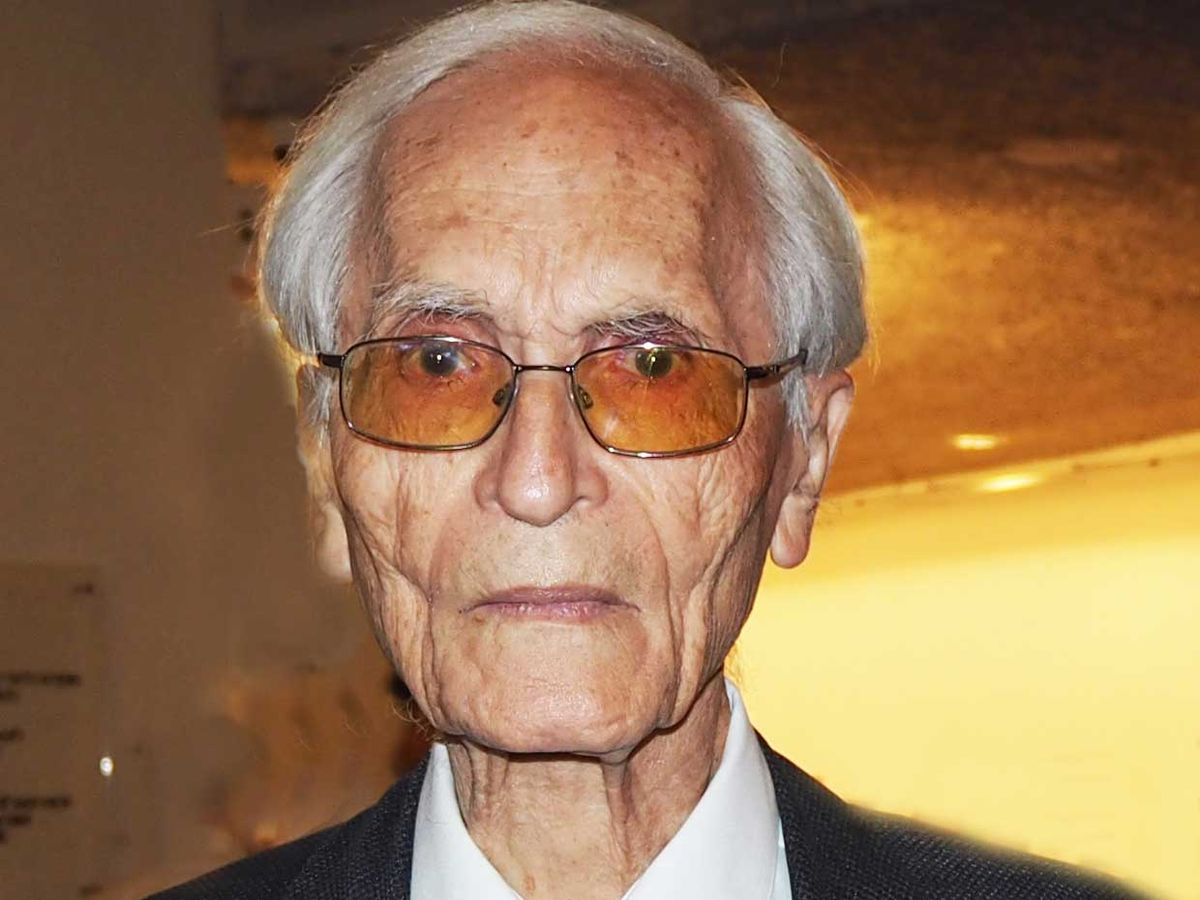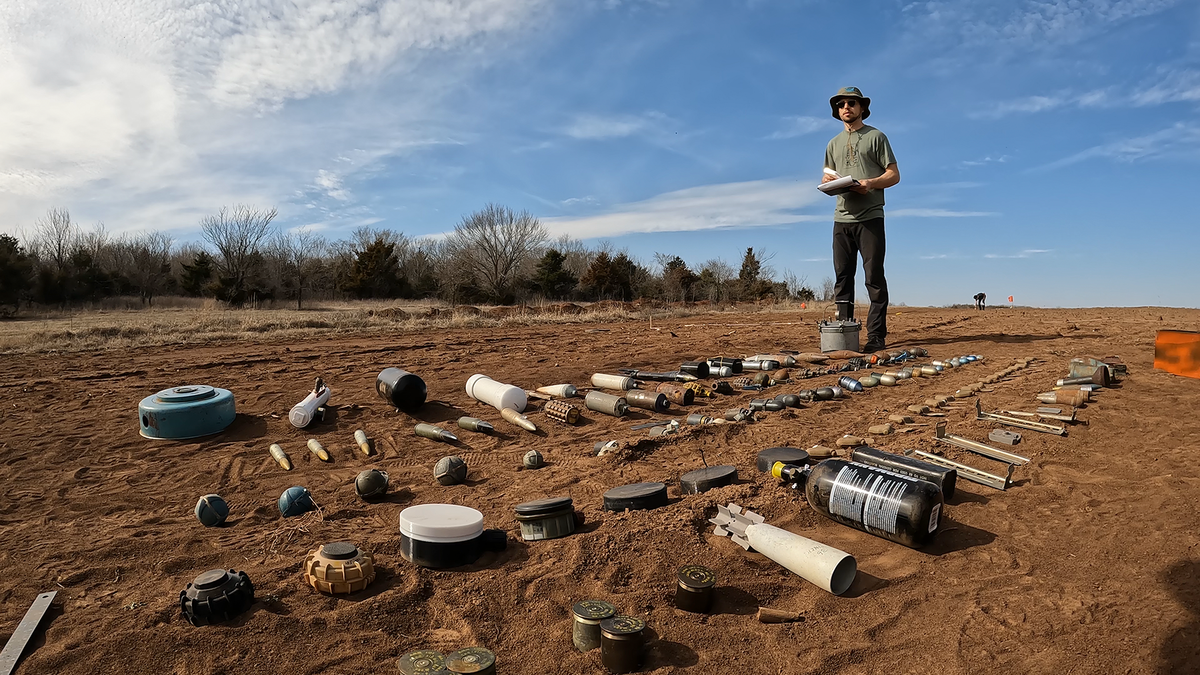THE INSTITUTE IEEE Life Fellow Jacob Ziv will receive this year's IEEE Medal of Honor “for fundamental contributions to information theory and data compression technology, and for distinguished research leadership."
Ziv and Abraham Lempel developed two lossless data compression algorithms: Lempel-Ziv 77 in 1977 and LZ78 the following year. The two procedures enable perfect data reconstruction from compressed data and are more efficient than previous algorithms. They allowed for the development of GIFs, PNG, and ZIP files.
“The LZ algorithms were the first major successful universal compression algorithms,"says one engineer who endorsed Ziv for the award. “These algorithms, and Jacob's analysis of them, [have] formed the basis for most subsequent work on universal algorithms."
Ziv pioneered universal source coding, a series of algorithms that compress data without needing to know anything about the inherent information. Such algorithms reduce the required data rate needed to reconstruct images from undistorted as well as distorted data.
Ziv also contributed to the theory of low computational complexity decoding of error-correcting codes.
He has received several recognitions including the 1995 Marconi Prize, a 2008 BBVA Foundation Frontiers of Knowledge Award, and a 2017 EMET Prize—known as Israel's Nobel Prize—in the exact sciences category.
In 1997 he established the Israeli National Infrastructure Forum for Research and Development, which strives to promote R&D programs and projects in science, technology, engineering, and math.
Ziv has been a professor of electrical engineering since 1970 at the Technion Israel Institute of Technology, in Haifa. He served as dean of the EE faculty from 1974 to 1976 and vice president of the school's academic affairs department from 1978 to 1982.
Born in Israel, he began his engineering career in 1955 as senior research engineer in the scientific department of the Israel Ministry of Defense, where he conducted R&D in communication systems.
He moved to the United States to pursue a Ph.D. in electrical engineering from MIT. After he received his doctorate in 1962, he moved back to Israel to rejoin the Ministry of Defense and head its communications division.
He returned to the United States in 1968 to join AT&T Bell Laboratories, in Murray Hill, N.J., as a member of the technical staff. He left there in 1970 to join the Technion.
The IEEE Foundation sponsors the IEEE Medal of Honor.
IEEE membership offers a wide range of benefits and opportunities for those who share a common interest in technology. If you are not already a member, consider joining IEEE and becoming part of a worldwide network of more than 400,000 students and professionals.
Joanna Goodrich is the associate editor of The Institute, covering the work and accomplishments of IEEE members and IEEE and technology-related events. She has a master's degree in health communications from Rutgers University, in New Brunswick, N.J.



